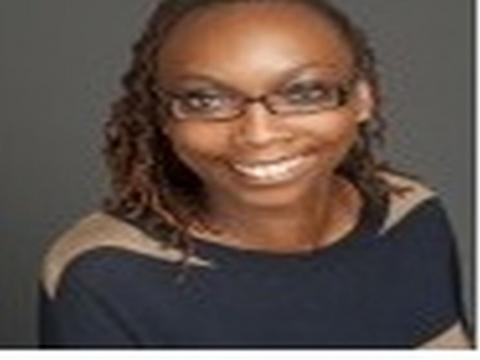By Khadi Mansaray
“Women are half the world’s population, yet they do two-thirds of the world’s work, earn one-tenth of the world’s income and own less than one percent of the world’s property. They are among the poorest of the world’s poor.” - Barber B Conable Jr, President of the World Bank, to the 1986 meeting of the World Bank and International Monetary Fund. It’s International Women’s Day on 8 March and it’s clear the gender agenda is gaining momentum. Across the world countries celebrate the successes and achievements of women and renew their commitment to address the problems that hold us back. Even though the world has recognized that women can no longer be abused or marginalized indiscriminately the gender gap remains stubbornly wide. This is a stark reality. So what does this mean for Sierra Leone? Although we have legislation attitudes lag far behind the paper work. A handful of dynamic women continue to lead the way and are making significant breakthroughs in leadership positions. But the majority of women remain voiceless and can easily become victims of whatever society chooses to throw at them or their way. In Sierra Leone, like in many other countries that have signed several human rights conventions, the implementation has not been as effective as it could have. The passing of the three gender acts indicates a significant commitment to addressing these problems. These Acts are a big step forward although implementation remains a big challenge. The Domestic Violence Act seeks to provide safety but civil society also has a role to play in overcoming the mindset that makes it possible. The Registration of Marriage and Divorce Act goes a long way to protecting young girls from early marriage and prevent women from staying in abusive relationships. Whilst the first two acts seek to protect, the third one, The Devolution of estates Act, is the most empowering. It enables women to inherit and potentially gives economic power to women who otherwise wouldn’t have. The acts, like most of our initiatives, tend to focus on adult women and this is important, especially as we strive for increased representation. However gender inequality starts at a young age and keeps women at a disadvantage throughout their lives. These inequalities, which are determined at birth, are reinforced at various stages of life. Girls are more likely to drop out of school, subtle pressures cause women to make decisions that prevent them from fulfilling their potential. It is not uncommon for women to hide or hold back their talents just to become more acceptable in society. Domestic violence remains a serious threat that cuts across social status. Violence towards women is still very likely to go unpunished. Inadequate legal framework aside, the harsh truth is that it is unlikely to be reported and people are almost desensitized to it. Closing the gender gap requires equal opportunities at every level. If we are to achieve the thirty percent representation we need a lot more empowered women, and education is the key. It is crucial to recognize that the girl cannot be empowered in isolation. We need to empower all our young people. It has to be a collective effort as we need our men to be ready to work with empowered women. They should be part of the journey from the start. Equal opportunity should start at the most fundamental but most powerful stage in life. Primary education. I’d like to see policy developed to provide free primary education, in the true sense of the word, for every child in Sierra Leone. It is time to make education a priority in the same way that health is. As we continue to perfect the implementation of free health to under-fives the focus should now expand to providing a promising future for those children. 2010 to 2020 is also African Woman’s decade. There is no reason why our illiteracy rates should not drop significantly by the end of the decade. Free primary education eliminates the excuse of scarce resources and making it compulsory shall resolve the problem of girls dropping out of school. We need to equip the future generation so that we have more women ready and capable to be involved in decision making. It is achievable. Primary education is the most basic form of education and requires the least investment. We do not need high technology to teach five year olds how to read and write. We cannot afford not to act now. Our future depends on it. POEM: A Woman Cries I see a woman cry I hear her sobs and feel her pain I wonder what makes her cry Disappointment or rejection Anxiety or accusation I never know the source of pain But every day I hear a woman cry Khadi Mansara
y








